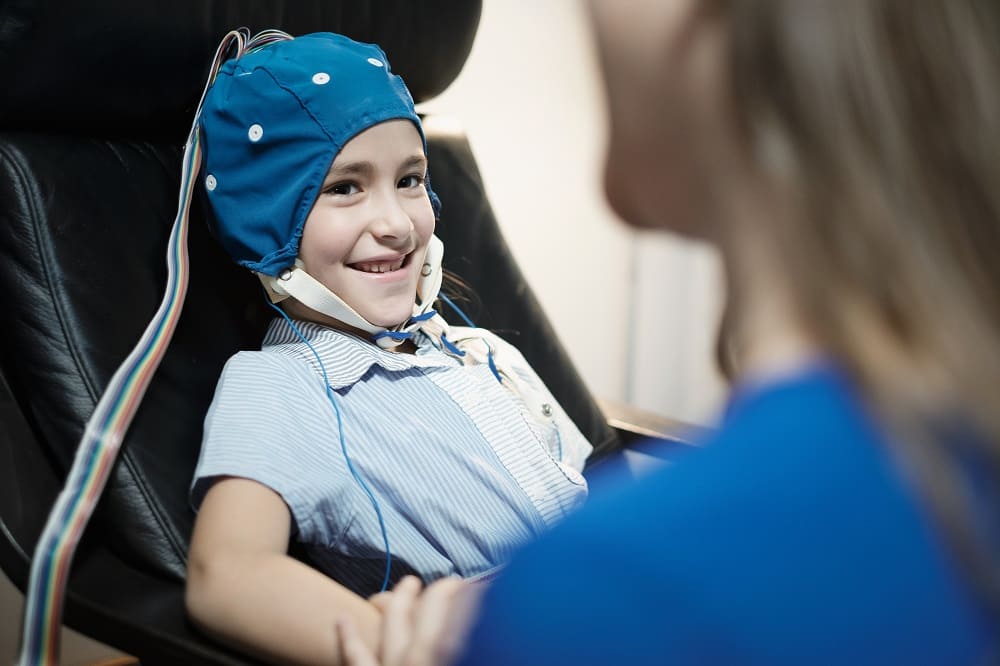APA Continuing Education
The American Psychological Association administers a program to provide credits for psychologists that are required by some states to maintain their licenses. There are some topics like ethics, that might seem not to be very interesting to some people but are important and required. There are also other topics that psychologists might find of personal interest like learning a new skill or testing method.





